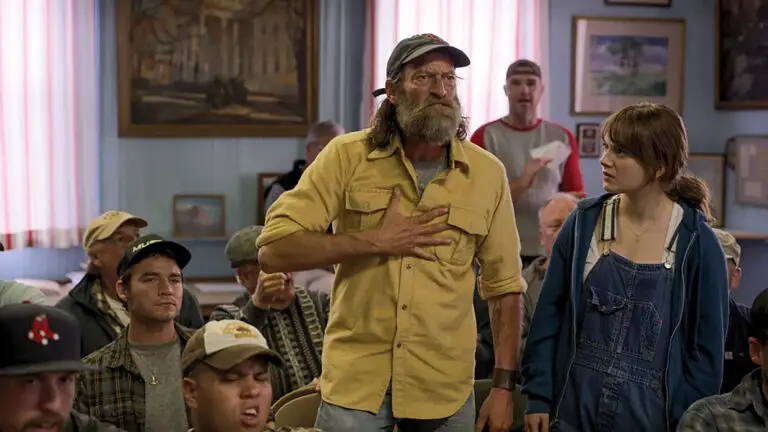Disability in Fiction
Sometimes disability is used as a metaphor for otherness. How individuals are commonly portrayed on screen can have a profound effect on how they are treated in real life. Disability studies give us the tool to analyze ableism in fiction. With a disability theory lens, we will discover that many stories and films do touch on, if not elaborate upon, the figure of disability. In other words, disability studies concern both disabled figures as well as stories that do not feature such figures but rather emphasize able-bodiedness as the norm.
In the West, disability has shaped fiction and art since ancient Greece, as evidenced by Sophocles’ Oepidus The King, a study of double meaning. The word Oedipus means the broken foot. Upon learning that he has killed his father, Oedipus gouges out his eyes. His disability gives meaning to human suffering.
Artists with disability have made great contributions to the human enterprise. The seventeenth-century, visually impaired poet John Milton wrote Paradise Lost. Beethoven composed symphonies while deaf.
An important aspect of critical study entails analyzing the notion of disability and its representation in literature, film, and popular media. That’s because oftentimes portrayals of disabled figures have the tendency to influence cultural perception of disabilities.
Two examples come to mind. One is Herman Melville’s 1851 novel Moby Dick and the other, William Shakespeare’s 1592 tragedy Richard III.
In Moby Dick, Captain Ahab loses a leg during whale hunting. He wears a prosthetic leg made out of whalebone. The narrative seems to suggest that his disability is a physical manifestation of his fanaticism and evil character. There are many other interpretations.
In Richard III, the titular villainous character suffers from a withered arm and scoliosis. His spine curves sharply to the right, resulting in his right shoulder being higher than his left. Despite his limitations and social biases against him, he actively narrativizes and weaponizes his so-called deformity.

Disability is also a mode of inclusive thinking that pays attention to what is assumed to be the “norm” and how we navigate physical and social spaces. Impairment is not necessarily an obstacle and does not in and by itself constitute disability. It only becomes a form of disability when the environment and its design fail to support a person’s needs. Disability is a socially induced hindrance to mobility or to access.
Disability studies give us the tool to evaluate our collective and personal responses to neurodivergent and atypical life experiences. We examine the political and social factors responsible for producing or affecting people of all types of abilities. These factors include, but are not limited to cultural, economic, political and social elements.
